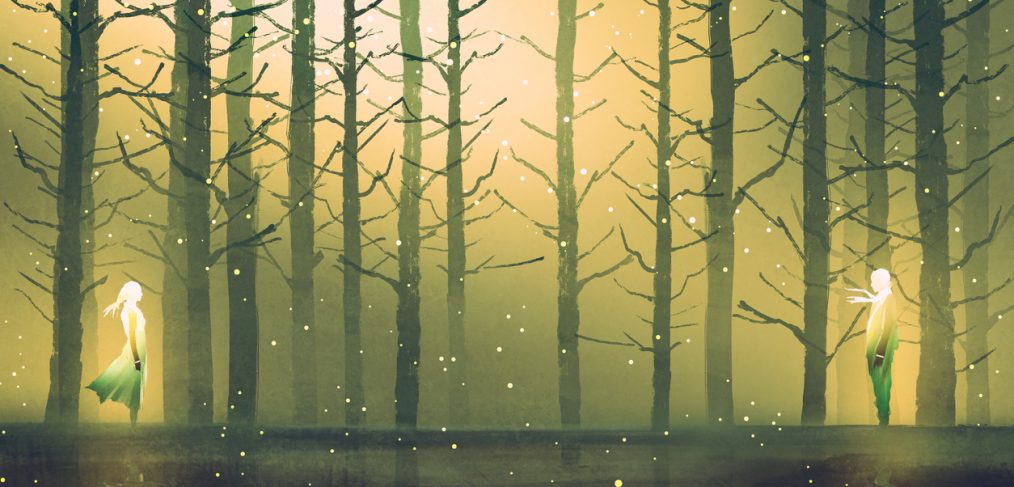Last week was a stressful week. I had several “emergencies” at work, and in the midst of it all, my computer stopped working and we had some plumbing issues. Everything seemed to be going wrong—any little thing that happened at that point seemed to be just one more insurmountable problem. Of course none of these problems were unsolvable, let alone tragic, but it was easy to get into the mindset that the world was against me and nothing was right. When you start to feel like this, it’s important to step back and think about your life in a holistic way and gain some perspective. There are very few phases in our lives when nothing is wrong. We have to learn to roll with the punches and think about life’s hurdles as something that we need to address—sometimes daily. When we get into the “nothing is right“ mindset, it can become a self-fulfilling prophecy. Because we think that nothing is right, we find that everything is wrong when, in reality, little is wrong with our lives. Perspective is one of those things that’s easy to talk about but difficult to practice. Stepping back and focusing on all the good things in our lives is critical to having the proper perspective of life‘s challenges.
We’ve all been there. You have a situation in which you’ve been wronged in some way. It might be a series of inconsiderate drivers, loud neighbors, or a company that just can’t get their billing right. You’ve been wronged, you’re the injured party, and you’re fed up. Initially you might calmly, and even patiently, try to resolve the situation. It hasn’t gotten under your skin yet, but you’ve gotten to the point where you need to take action. But when nothing changes, your righteous indignation begins to bubble up. Your eyebrows raise, and you think, now wait a minute.
Everyone wants to be liked and loved. Everyone likes to hear praise from people they admire and respect. But there’s a big difference between wanting and enjoying the love and admiration of others and needing it to feel worthy. If you can only feel good about yourself when you have an incoming stream of affection and love and don’t feel happy or confident if that stream slows or stops, then you need to reflect on your sense of worthiness. The trick with developing self-worth is that, ideally, you won’t have a time when you don’t feel loved or that you’re not getting praise, so it can be hard to determine where your sense of worth is coming from. Adding to this opacity is the fact that love and admiration are good. In general, they do suggest that you are a valuable person, and they feel good to receive. So, understanding the foundations of your sense of worth can be challenging. The key is the difference between want and need—the difference between independence and dependence.
New people are easy. You meet them, you chat, you get to know each other—there’s no long-term baggage or expectations. There’s also no lingering bad blood or long-term irritants. It’s a fresh canvas and you’re both painting. But as time goes on, you develop a history. Much of that history is likely very good—you wouldn’t stay connected so long if it wasn’t. You may have periods where you don’t see each other that much, but when you do get back together it seems that no time has passed. You pick up right where you left off. You have a true and solid connection with each other, and it’s part of who you are. But there are also elements of the relationship that aren’t ideal. It may be a personality quirk that irritates you (and irritates you more over time). It may be a certain belief or opinion they have that doesn’t jibe with your worldview, and they have to bring it up. It may be some incident in your past that’s hard for you to let go. The relationship is not all wine and roses, but ultimately, no relationship is.
Self-loathing is so easy. Everyone has setbacks or makes mistakes, and many go through a period of being very hard on themselves afterward. After a mistake, you may be focused on the consequences or the sequence of events that led up to the mistake, but many people make beating themselves up a higher priority. Of all the options that you might consider after a mistake, beating yourself up is the least helpful. It’s important to be aware of when you’re doing this and replace it with other reactions. The first among these must be learning from the mistake, with forgiving yourself a close second. If you’re able to incorporate these reactions to mistakes into your life, there will be no room for self-loathing.





